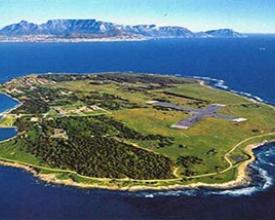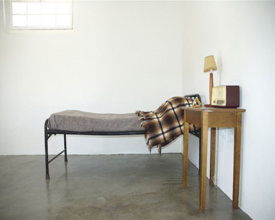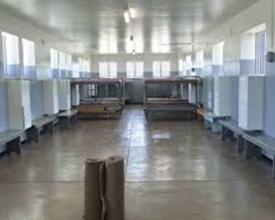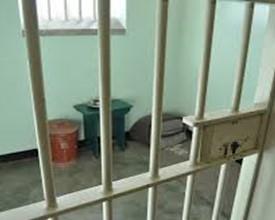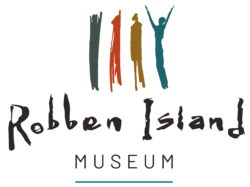
Documenting the Life History Interviews of Robben Island Ex-Political Prisoners
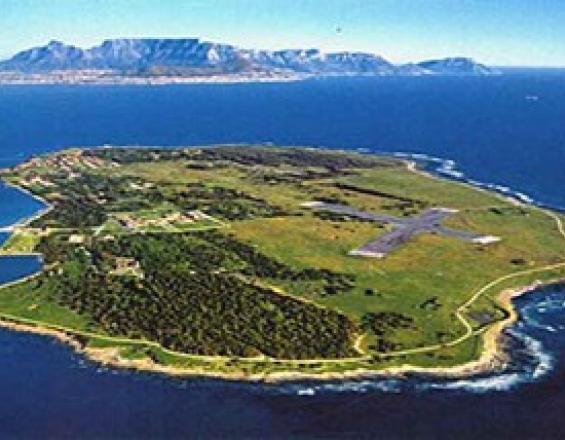
Robben Island is a World Heritage site inscribed under criteria (iii) and (vi) as a symbol of the triumph of the human spirit over adversity through its multi-layered history of enslavement, banishment, isolation, war and political imprisonment. From 1960 until its closure in 1996, Robben Island was an infamous maximum security prison and the ultimate symbol of the apartheid state’s repression. During this time, the prison housed most of the men that were incarcerated for their resistance against the system of apartheid.
Robben Island Museum is developing a memorial to these selfless heroes within the context of the narrative of the triumph of the human spirit over adversity.
RIM has embarked on a national project to document the life histories of former Robben Island political prisoners and their dependant families. In documenting the life histories, the museum collections are enhanced for future curation and exhibition that may help enhance the understanding of the significance of the heritage place.
Contexto
Défis à relever
Ubicación
Impacts
This programme will enhance our understanding of the World Heritage values of Robben Island. There were over 2500 political prisoners incarcerated on the Island during the imprisonment period. Many of these men were marginalised in the post-imprisonment society and have therefore not enjoyed the fruit of their sacrifice. These are ordinary men that gave their lives in the fight for freedom in South Africa. It is important to honour their sacrifices by having their life stories documented for posterity.
Through the documentation, many of the families, especially the younger generations, get to hear about the stories of their ancestor for the first time, promoting intergenerational storytelling. Their immense sense of pride and belonging is exactly what that triumph of the human spirit is all about.
Through the enhancement of RIM's collections, the museum has become a place of living heritage and the stories presented in it are relatable to visitors and families. The impact on the families is tremendous as they have the chance to learn first-hand from former political prisoners and pay homage to their stories.
The psychological impact on the interviewee is the most important impact that is sought. They are able to speak about immense feelings of uncertainty, fear, broken relationships, gaining and losing camaraderie, resistance in prison and being released from the shackles of these conditions of torment.
